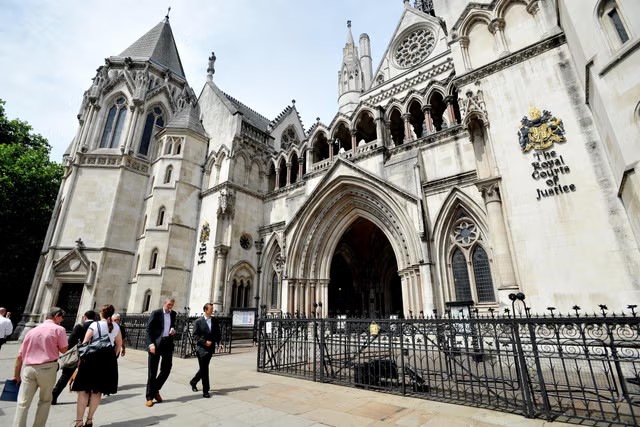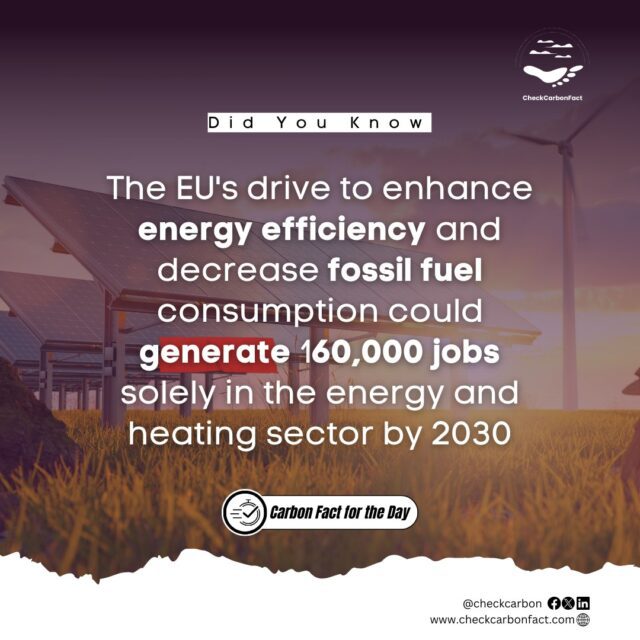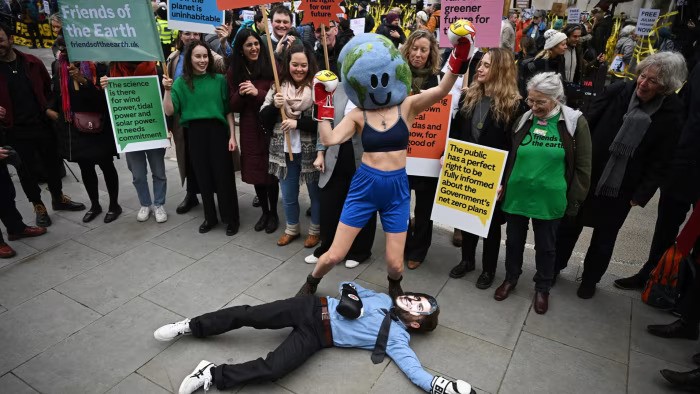In a landmark ruling, the high court of Britain has delivered a scathing verdict on the government’s climate action plan, deeming it unlawful. This decision arrives as a stark reminder of the urgent need for concrete, evidence-based strategies to combat climate change.
The ruling stems from a joint legal action brought forth by environmental campaigners, including Friends of the Earth and ClientEarth, against the Department for Energy Security and Net Zero (DESNZ). The crux of the matter lies in the government’s failure to provide sufficient evidence that its proposed policies are capable of effectively reducing greenhouse gas emissions, as mandated by the Climate Change Act.
Challenging Climate Ambitions
Environmental campaign groups, including Friends of the Earth and ClientEarth, took joint legal action against the Department for Energy Security and Net Zero (DESNZ) over its approval of the Carbon Budget Delivery Plan (CBDP) in March 2023.
The legal challenge against the government’s climate plan is a culmination of persistent concerns and mounting pressure from environmental campaigners. The genesis of this legal battle can be traced back to the government’s initial climate strategy, the Net Zero Strategy, which faced criticism for its lack of clarity and specificity in outlining measures to achieve ambitious emissions reduction targets. In July 2022, the High Court delivered a landmark ruling, deeming the strategy unlawful due to its failure to provide a clear roadmap for meeting targets. This marked the first ruling and defeat of the UK by climate activists.
In response to the legal setback, the government, through the Department for Energy Security and Net Zero (DESNZ), introduced the Carbon Budget Delivery Plan (CBDP) as a revised strategy to address the deficiencies highlighted by the court. However, environmental campaigners remained unconvinced, arguing that the CBDP continued to rely excessively on speculative technologies and failed to adequately address the risks of missing crucial emissions reduction targets.
The decision to challenge the government’s climate plan in court reflects the growing urgency among environmental groups to hold policymakers accountable for their commitments to combat climate change. With the stakes higher than ever and the window of opportunity to mitigate the worst impacts of global warming rapidly narrowing, campaigners seized upon legal avenues to compel decisive action and ensure the implementation of robust climate policies.
What was the Court’s Ruling?
When the Carbon Budget Delivery Plan (CBDP) was introduced, campaigners asserted that it remained a “complete pipe dream,” prompting the second legal challenge. The recent Justice Sheldon’s verdict highlighted fundamental flaws in the government’s approach, criticizing its reliance on assumptions rather than robust evidence. The decision underscores a breach of legal obligations, as outlined in the Climate Change Act, which requires policymakers to adopt plans founded on realistic projections and feasible measures.

One of the key assertions challenged in court was the presumption that all proposed policies would achieve 100% of their intended emissions cuts—an assumption found to be flawed and irrational. This revelation casts doubt on the credibility of the government’s climate strategy and raises concerns about its ability to meet binding carbon reduction targets.
The critics argue that the approval of the Carbon Budget Delivery Plan (CBDP) was unlawful due to insufficient information provided to the then-secretary of state, Grant Shapps, regarding the risks associated with implementing climate policies outlined in the plan. Also, critical information, including risk assessments, was allegedly omitted or misrepresented in the CBDP, preventing proper scrutiny by parliament, climate bodies, and the public. This lack of transparency undermined the integrity of the decision-making process.
Moreover, the ruling comes against the backdrop of mounting criticism over the government’s decision to permit oil and gas drilling beneath offshore wind turbines—an action deemed contradictory to climate goals and denounced as “deeply irresponsible” by experts.
The implications of this ruling extend beyond legalities: they speak to the imperative for decisive action in the face of a mounting climate crisis. With the UK already falling short of its commitments to slash emissions and struggling to align with the Paris Agreement’s ambitious temperature targets, the need for a comprehensive, lawfully sound climate action plan has never been more pressing. Critics have lambasted the government’s repeated failures in delivering a credible climate strategy, characterizing it as a “clown show” incapable of addressing the energy and climate challenges of the 21st century.
Implications of the Ruling
The court’s decision mandates the government to produce a new climate plan within the next 12 months, addressing concerns about policy credibility and effectiveness. This ruling underscores the need for concrete and trustworthy strategies to combat the climate crisis. Concerns raised in the legal challenge highlight the reliance on unproven technologies, such as carbon capture and storage (CCS), and the need for robust policies to drive emission reductions. Campaign groups criticized the government’s reliance on CCS technology, citing its high costs and lack of proven scalability. The ruling underscores the importance of diversifying climate strategies beyond unproven technologies.
Challenges and Opportunities in Climate Action
While the High Court’s ruling seeks to cause a revamp of the UK’s climate strategy, a nuanced understanding of the challenges and opportunities ahead is essential for charting a sustainable path forward.
Climate Challenges and Policy Reversals
- Policy Uncertainty: The ruling underscores the need for clarity and coherence in climate policies. Persistent policy reversals and inconsistencies undermine investor confidence and hinder long-term planning for sustainable infrastructure and industries.
- Transition Challenges: Transitioning to a net-zero economy entails significant economic and social shifts. Addressing the challenges faced by workers and communities reliant on carbon-intensive industries requires comprehensive strategies for reskilling, job creation, and equitable transitions.
- International Leadership: As host of the UN Climate Change Conference (COP26) in 2021, the UK had a unique opportunity to demonstrate global leadership in climate action. However, failure to meet domestic climate targets undermines credibility and weakens the UK’s influence on the international stage.
Opportunities for Climate Action
- Green Investment and Innovation: Accelerating investment in renewable energy, green infrastructure, and clean technologies presents opportunities for economic growth and job creation. By fostering innovation and incentivizing sustainable practices, the UK can position itself as a leader in the global green economy.
- Nature-Based Solutions: Investing in nature-based solutions, such as reforestation, ecosystem restoration, and sustainable land management, offers multiple benefits, including carbon sequestration, biodiversity conservation, and adaptation to climate impacts. Integrating nature-based solutions into climate policies can enhance resilience and ecosystem services.
- Community Engagement and Empowerment: Building resilient communities and fostering public engagement are critical for driving inclusive and effective climate action. Empowering local communities, stakeholders, and marginalized groups in decision-making processes promotes ownership and ensures that climate policies are responsive to diverse needs and priorities.
- Just Transition Principles: Adopting principles of a just transition is essential for ensuring that climate policies prioritize equity, social justice, and human rights. By centering the needs of vulnerable communities and workers, the transition to a low-carbon economy can be fair, inclusive, and socially equitable.
Looking Ahead
Looking ahead, the onus lies squarely on policymakers to heed this wake-up call and recalibrate their approach to climate action. Merely paying lip service to environmental commitments will not suffice; substantive, evidence-based policies grounded in scientific rigor are imperative to navigate the daunting realities of climate change.
As calls for urgent action grow louder, the government must seize this opportunity to reevaluate its priorities, engage with stakeholders, and craft a revised climate action plan that commands public trust and meets the imperatives of both national and international climate targets.
In the words of environmental lawyer for Friends of the Earth, Katie de Kauwe, “We urgently need a credible and lawful new action plan that puts our climate goals back on track and ensures we all benefit from a fair transition to a sustainable future.” The time for action is now, and the stakes could not be higher.
About CheckCarbonFact
CheckCarbonFact is a social accountability platform for promoting sustainability and responsible climate action by citizens, businesses and government. Read more about us here: https://checkcarbonfact.com/about/
Carbon Fact for the Day

Found it interesting and would like more in the mail?




